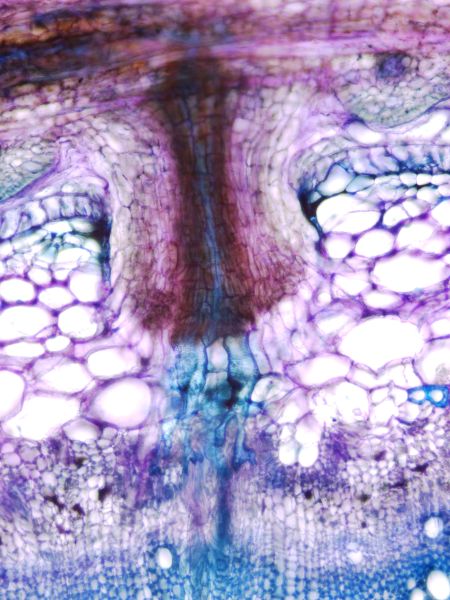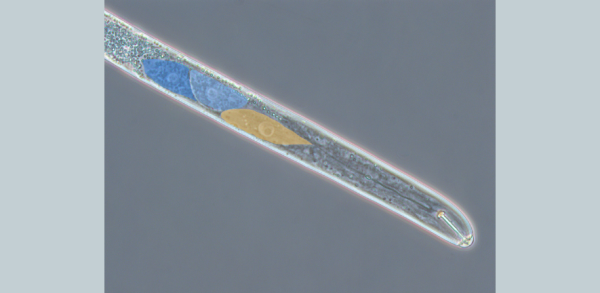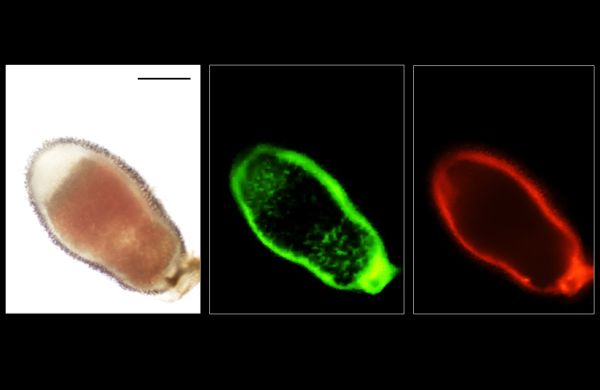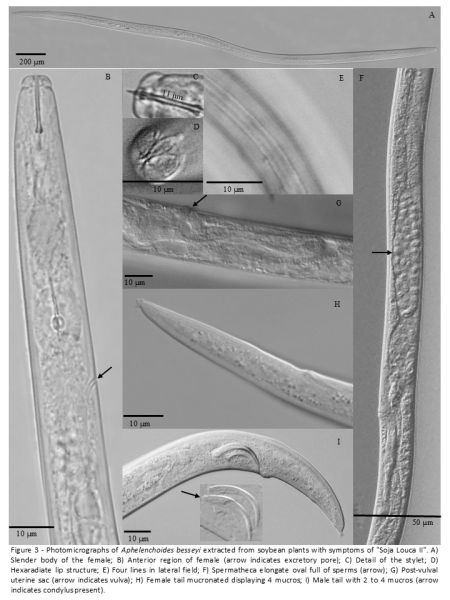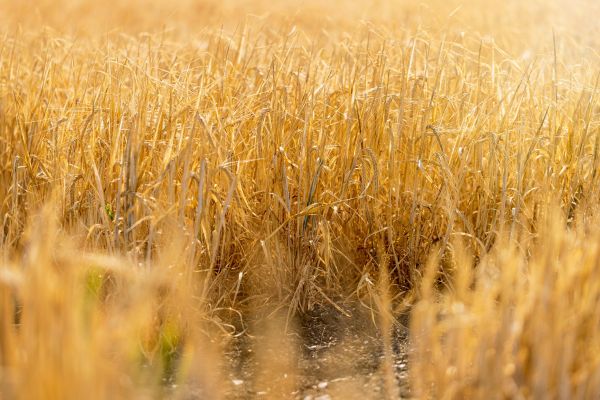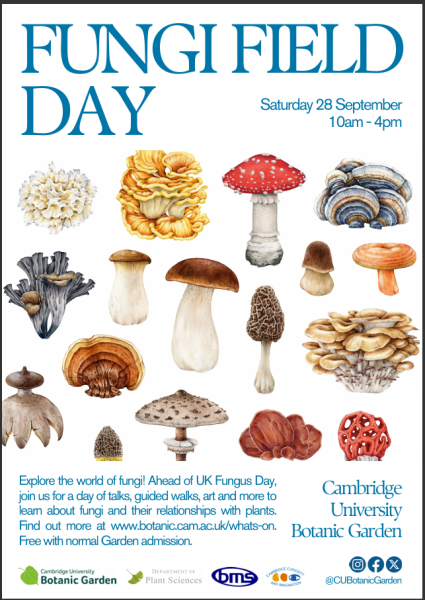
When nutrients are scarce in the soil, plants recruit helper fungi into life-long alliances called arbuscular mycorrhizal (AM) symbioses. Fungal assistance – despite desirable – can become costly as it is fuelled by considerable amounts of carbon delivered by the plant. At the Department of Plant Sciences, University of Cambridge, Dr. Jeongmin Choi in the research team of Professor Uta Paszkowski, discovered a protein from rice, called SMAX1, that functions as a molecular brake to control the plant’s engagement with the fungus (published on Nature Communications). Via biochemical dialogues, plants ‘check-out’ potential partner fungi, stimulate appropriate candidates by secretion of chemical called strigolactones, and only then commit to the interaction. In the presence of SMAX1, the plant no longer sees the fungus as an attractive ally, suppressing essential symbiosis programmes, and refraining from encouraging the fungus through increased production of strigolactones.
Choi, J., Lee, T., Cho, J. et al. The negative regulator SMAX1 controls mycorrhizal symbiosis and strigolactone biosynthesis in rice. Nat Commun 11, 2114 (2020).
